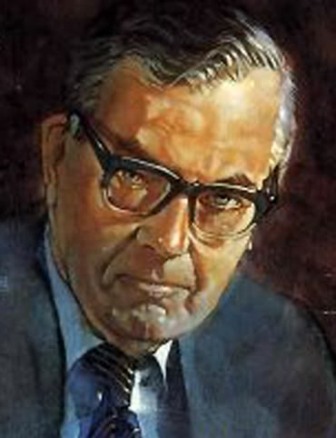So much on the blogosphere in the last few days, this is almost another carnival. Sorry if i have missed a hat tip or three, but you know i've linked to your blog before and will do so again so let me off for a rush job in marking season please!
Biblical Studies
Mike Bird shares
a couple of papers responding to NT Wright
Another couple of papers on
Paul and Scripture
Mark Goodacre has a
trio of papers on Mark's gospel
Daniel Kirk shares
an insanely interesting post on ancient readers
Jim
makes a hash of 1 Cor 7, I'd love to show why he's wrong, but not today
John Byron decides God doesn't hate divorce in
Mal 2:16 after all
There is
a new tool for the study of Paul's letters, it does look luscious!
Hurtado gives
his list of important recent developments in NT/Chritsian origins and it is a doozy!
Duane thinks some more
about snake omens and their possible relation to Gen 3
Theology
Byron Smith offers
some help for all those struggling with converging global crises
Scott McKnight
reflects on the difficulty we have getting the gospel clear
William Birch
considers God's feminine side
Jason shares some radical
Dorothy Day quotes
Bruce Hamil
preaches on Luke 20:27-38
Ben Myers wants us
to stop smiling
Richard Beck on
complicity, which has long been an ethical topic i've wanted to research
Misc
Rich Walker contemplates
the future of global english
Some
wisdom from Eberhard Jungel on answering stupid questions
The mighty John Hobbins on
which Bible translation to use
